The Paradox Of Luxury - Interview with Daniel Langer in Tush Luxury & Fashion Magazine
Daniel Langer, founder and CEO of Équité, provides his tought-provoking views on luxury in Tush, the leading European Luxury, Fashion and Lifestyle magazine. Why Euro 2,000 sneakers may be too cheap. Why ethical shopping could be a dilemma. And why Generation Z is perfectly prepared for luxury.
An interview by Susanne Opalka
Tush: In terms of consumption people focus increasingly on sustainability, fair trade and organic products. Your point of view is that there is a contradiction between luxury brands and “ethical shopping”. Why?
Langer: Because luxury products are extreme in certain dimensions. This precludes them from being truly sustainable. Think of a sports car: consumers are mainly interested in top speed and acceleration. Fuel consumption is not first priority. And this is typical for almost all luxury products.
Tush: Are those brands for which we spend a lot of money misleading us when they position themselves as sustainable?
Langer: No. There is hope. It is possible to develop clever strategies and develop ecological business models. Hence, it is possible to make luxury goods ethically acceptable.
Tush: Many luxury brands highlight heritage and history in order to be perceived as valuable…
Langer: Yes, many brands do that, but it works only in part. Expect that it is relevant in a context where history is important for the perception of the product. Think of the Kelly-Bag or of a trunk by Louis Vuitton. But heritage has no value if the product is not right. And Tesla did not need any heritage to dominate the American luxury segment for cars.
Tush: A T-shirt for 3,000 Euros, sneakers for 2,000 Euros – is an extreme price a signal for luxury?
Langer: I am very pragmatic: If someone pays 2,000 Euros for those sneakers, then it means one thing for sure: this product creates at least 2,000 Euros of perceived value for the person. In fact, it’s not easy to define the price for a luxury. Interestingly, many luxury items are too cheap.
Tush: What? You think they are too cheap?
Langer: Imagine that everyone who bought the sneakers for 2,000 Euros was willing to pay 5,000 Euros. In that case the brand would have lost 3,000 Euro per piece in terms of profit. And this aspect is particularly interesting for me as a consultant. Believe me, you would be surprised how much some consumers are willing to pay.
Tush: Which value could a T-shirt of 3,000 Euros really create?
Langer: For me this is actually the most intriguing question! Because of what I just said. That the price may have been a mistake and maybe even 10,000 Euros could have worked. Luxury provides a tremendous emotional value. We could show in our research that people feel more attractive, more secure, more educated, more adventurous – and a bit like celebrities! And the most interesting is: other people perceive this, too, whether you like it or not. There is almost no way not to be influenced by luxury's allure from a psychological perspective. This is, in fact, what drives the true value of luxury brands to a large extend. The reason why people buy them.
Tush: The Generation Z perceives closeness, joint experiences and feelings as most important values. How can the luxury industry capitalize on this?
Langer: Luxury equals experiencing and feeling. I would go as far as stating that a luxury experience is always a truly unique experience. From the perspective of consumers. This has always been the case. However, simply because people consume more and gain more experience with luxury brands there is a consequence: what once was seen as special needs to become better today. Luxury is a “life-experience”, as we say here in America, and those brands that are not able to provide this special moment won’t survive.
Daniel André Langer is founder and CEO of Équité, a brand consultancy that elevates the positioning of consumer, premium and luxury brands. He has a PhD in Luxury Management, lives in the USA and works for brands around the world.


